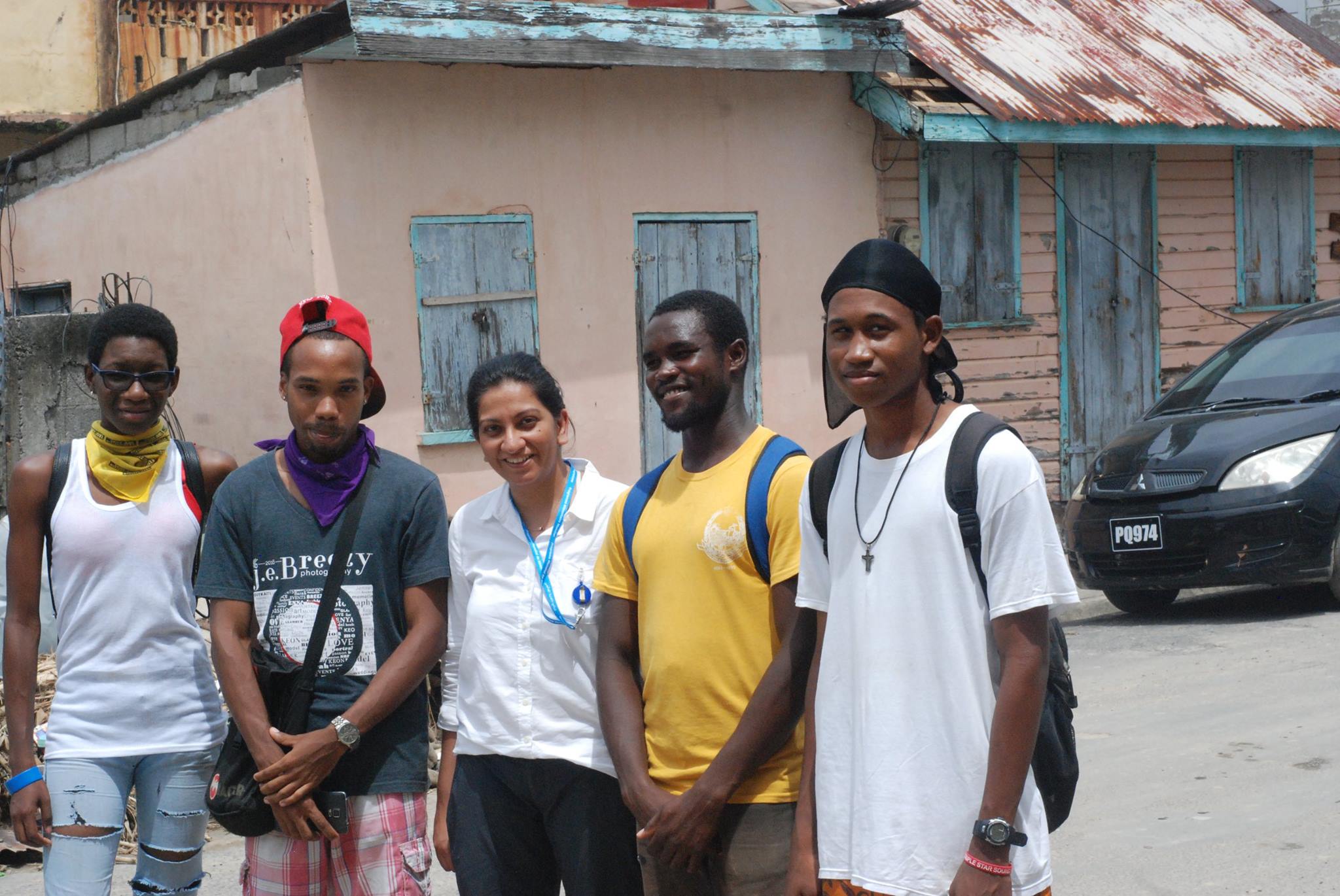
Celebrating World Children’s Day 2017
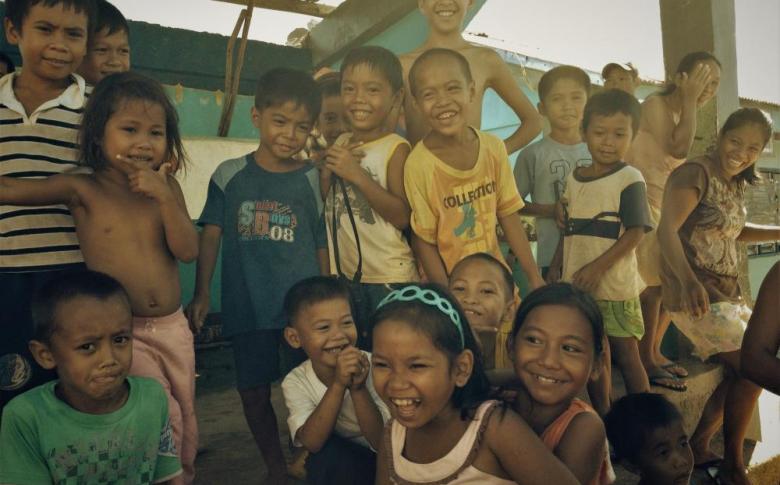
Today the world celebrates the United Nations Universal Children's Day, established since 1954. It aims to promote children’s rights and welfare as well as to raise awareness of numerous issues that children are struggling with each day. On 25 September 1989, the Convention on the Rights of the Child (CRC) was signed and after almost 30 years later, it remains one of the most universally endorsed human rights documents in the world, with 196 signatory countries.
Unfortunately, children remain heavily affected by natural disasters and human-made conflicts – often their lives disrupted, childhood destroyed and many possibilities taken away from them. According to the Children and armed conflict Report of the Secretary-General (2017) the situation for many children remains dire, with concerns over cases of sexual exploitation and abuses committed not only by oppressors, but also by governmental forces, United Nations peacekeepers and civilians as well as non-United Nations international forces.
Today’s fast-changing technology poses threats, but also offers possibilities to young populations. In emergencies, Internet connectivity and mobile phones are often used by young people to access information, to contact the family and friends to let them know of the situation.
On this day, Phyza Jameel, ETC Services for Communities (S4C) Advisor remembers some of her encounters with children and young adolescents in various emergencies. She says: “I have found young boys and girls as the engine of motivation for any community in time of a disaster.” During her deployment to hurricane-struck Dominica, Phyza met Kurai, a 14 year-old high school student, who along with two friends was helping his neighbors to charge their phones, so they could also make phone calls and access Internet connectivity. Phyza recalls Kurai saying: “I would like to do things for my people rather than sit around and feel sad about it.

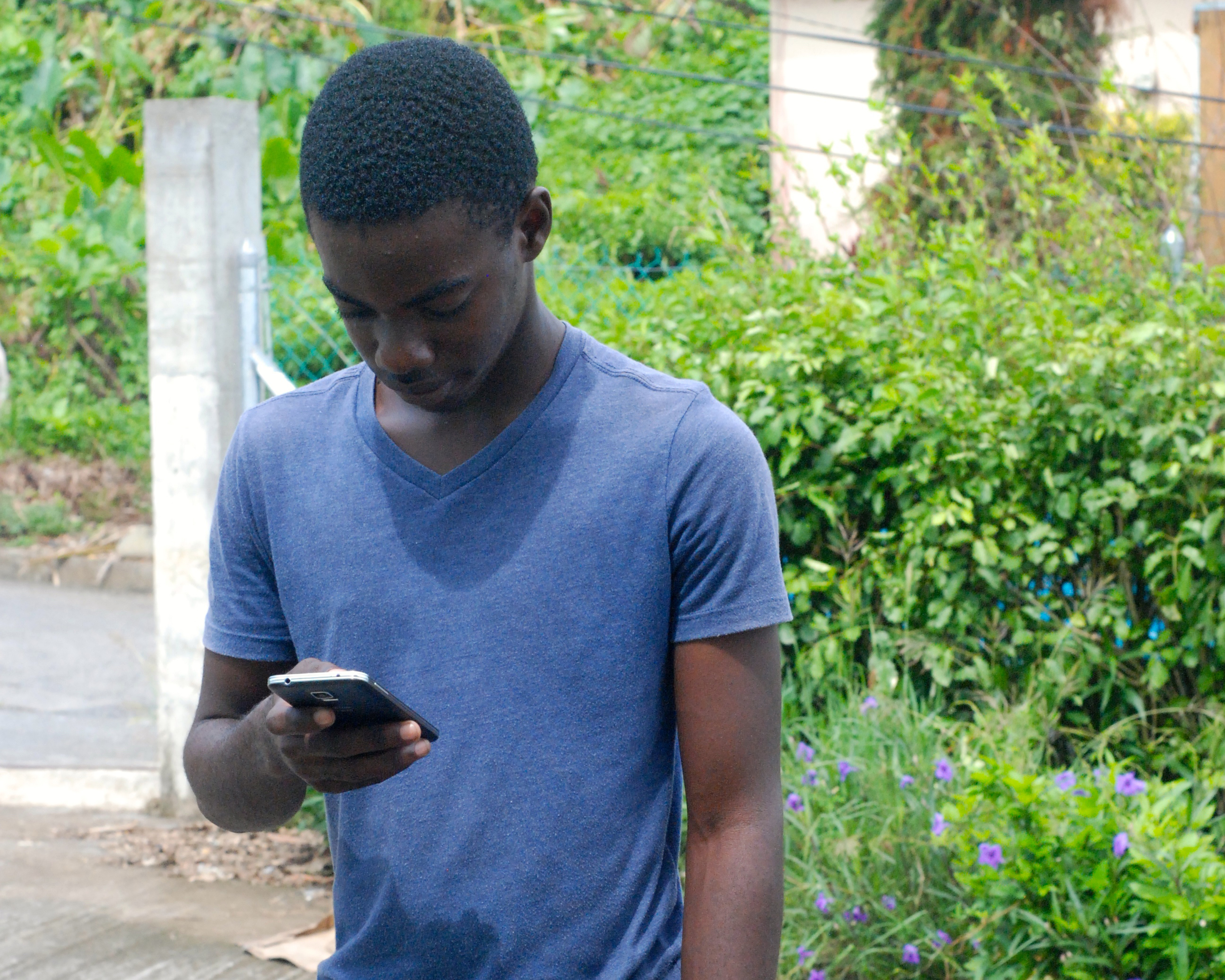
Similarly in Iraq, where the ETC set up Internet connectivity at the UNFPA Youth Centre, Domiz camp, Phyza met two sisters, who were learning different vocations such as stitching, cooking etc., trying to support their family.
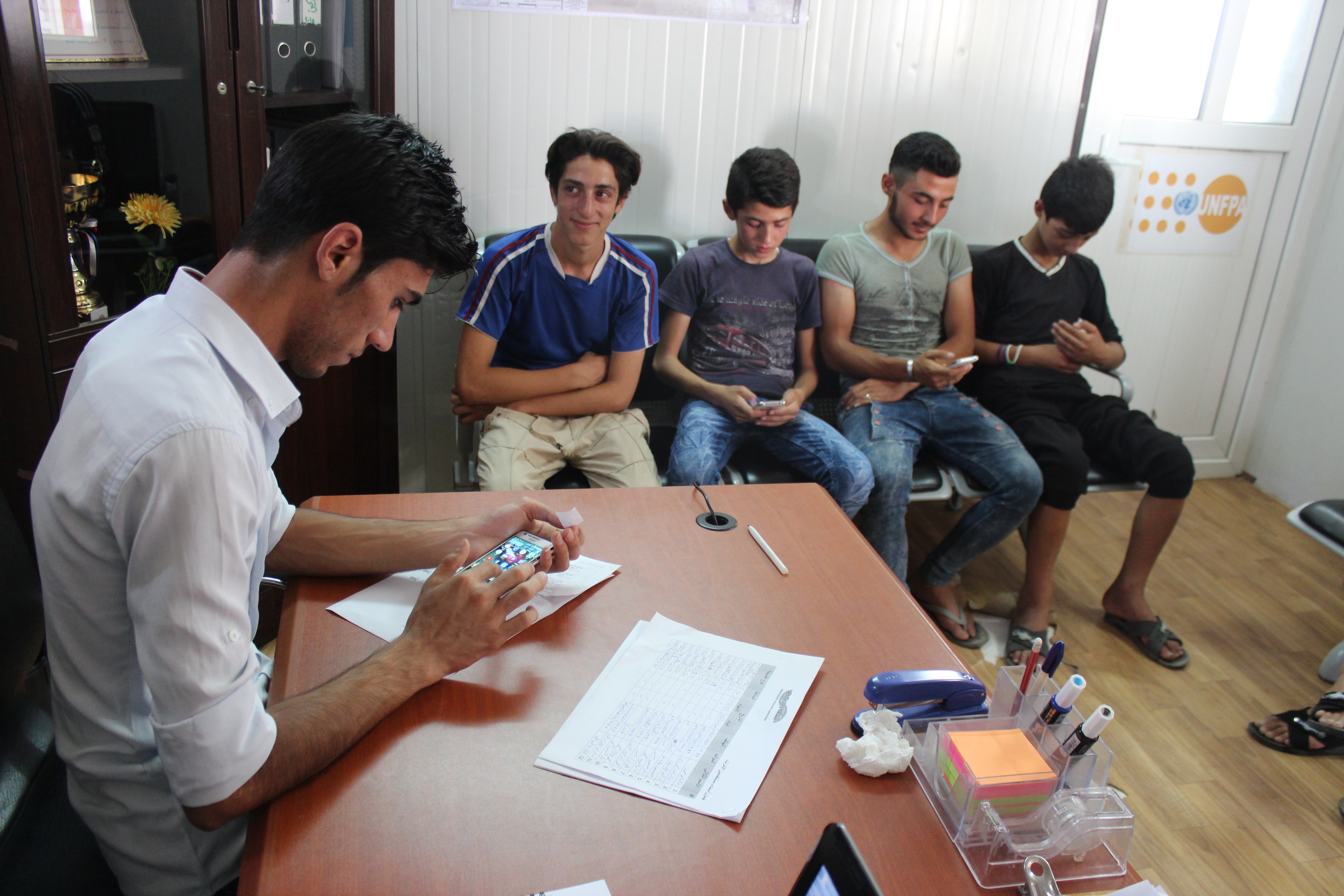
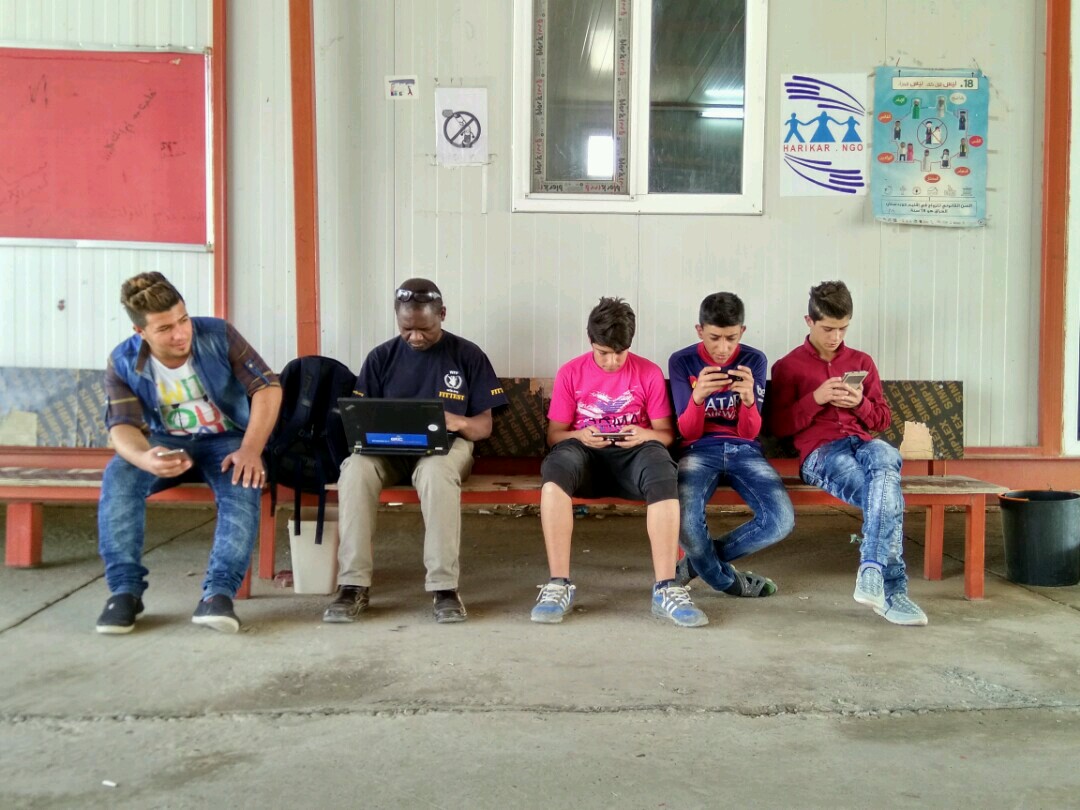
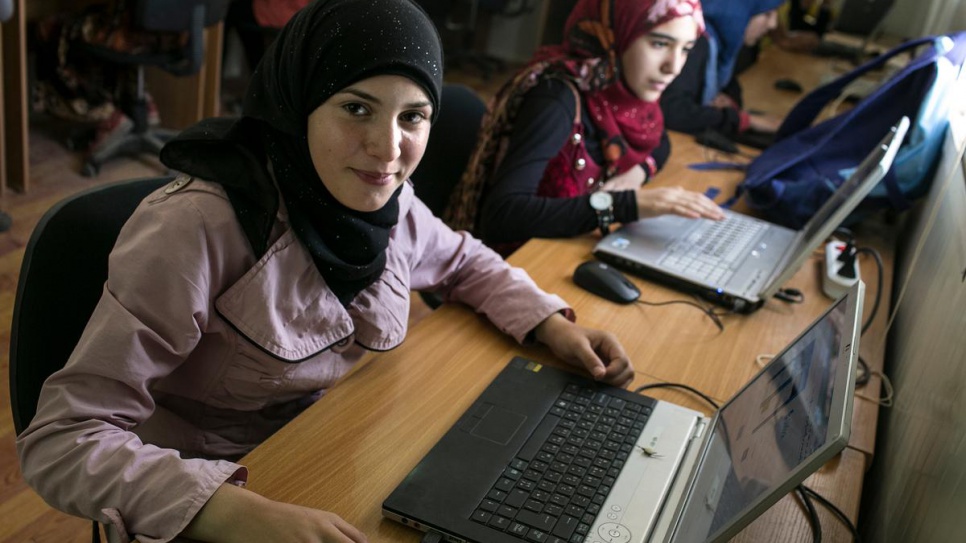
In Cox’s Bazar, Bangladesh, Phyza met Musa, a 13 year-old boy, whose story, as those of many Rohingya refugees, was shocking and tragic. Yet, his compassion conquered his grief. He is a high school student who passed his exams with distinction and now wants to learn computer skills, surf the Internet and keep learning new things.
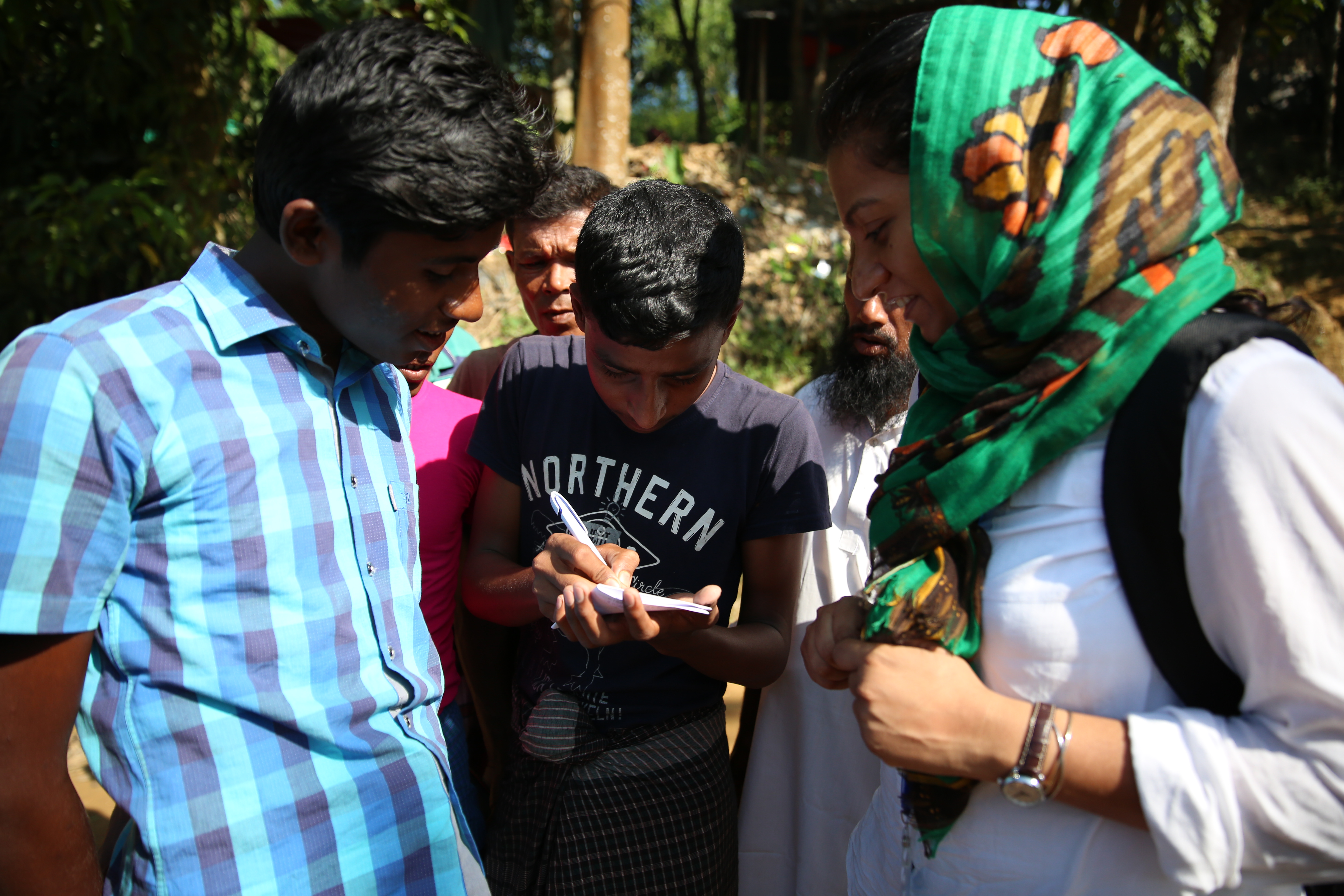
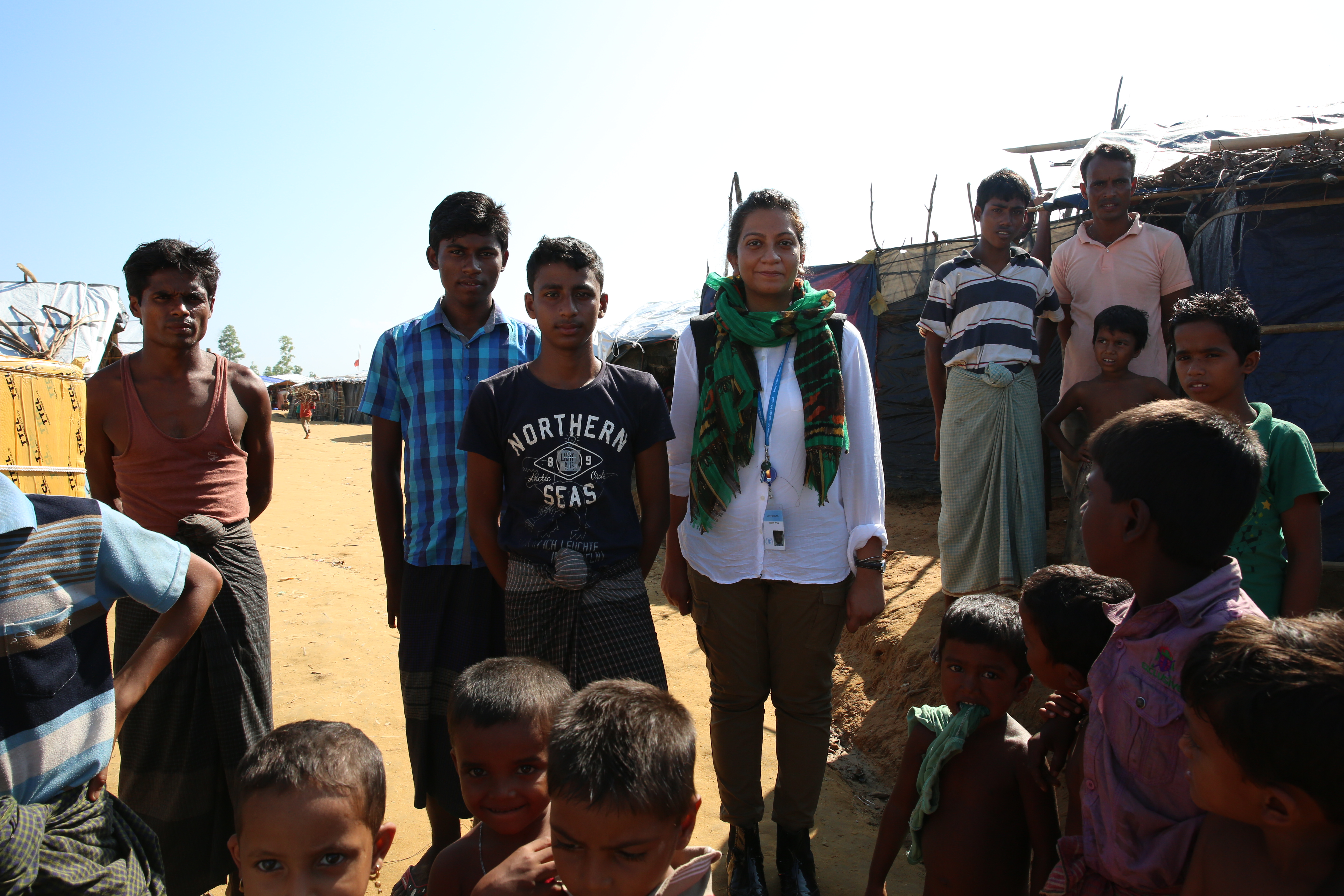
“It’s remarkable that amidst all confusion, frustrations, and hopelessness the young boys and girls find their way, make friends.” says Phyza. She admits that it is often the young people who know the spots with the best network coverage as well as the places where to charge phones, affordable phone packages, and are setting up WhatsApp community groups. She summarises: “They are truly an engine for sharing and contributing to a community in subtle yet profound ways, after some of the worst conflicts and disasters. They represent hope.”
Every child deserves a fair chance at a future and his/her human rights safeguarded – including nutritious food, a safe environment, but also access to education and the technology that can enable it. ETC2020 seeks to ensure that all those responding to humanitarian emergencies - including young people affected by natural disasters or conflicts - have access to vital communications services. The ETC is committed to a world where children grow up happy and are able to fulfill their potential. #WorldChildrensDay